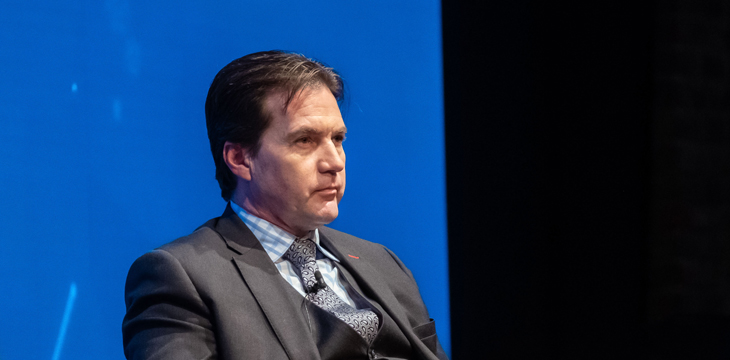|
Getting your Trinity Audio player ready...
|
Despite what some may believe, Bitcoin was never intended to allow for anonymous cryptocurrency transactions. It was designed to incorporate privacy so that users could maintain better control over their activity, but privacy and anonymity are two totally different concepts. Dr. Craig Wright has addressed the difference between the two in the past and elaborates on the subject in a recent Medium post.
Wright leads off by explaining, “Many of those arguing for anonymity are truly arguing for power and the control of others. If we take into account the criminal violation by certain individuals of controls that are designed to provide privacy, we start to see the hypocrisy in the argument.”
As an example, he refers to a system found on Twitter that allows a computer bot to bypass controls, which is a violation of the Digital Millennium Copyright Act (DMCA). Those systems, while trying to provide more privacy to the individuals behind them, ultimately violate the privacy of others.
Wright offers that free speech is a right given to individuals to “stand in a public place and talk if people will listen,” but not to force them to listen. He adds, “[P]rivacy means that you can exclude people. If we cannot have private spaces where we can exclude other people, then we have nothing. Everyone needs some space where information can be shared with others in private, to discuss secrets, plan, and even set a rate on information. The rate on free speech and privacy allows us to charge people for coming and listening to us and to exclude those who won’t pay the rate. And it is not monetary in all cases. It can be as simple as being polite.”
Comparing Bitcoin to Janus, Wright asserts, “A part of free speech is learning and understanding the art of rhetoric and how you interact with others. I have had many faces and worn many masks. You can say it relates to the genesis of Bitcoin as Janus was the god of beginnings, time, and passages; like with Bitcoin, he looked both to the past and the future. Others get to maintain privacy, whether you create something does not change it. So, people’s need to understand my life is not their right.”
Even on social media sites such as Twitter, free speech is not necessarily granted, nor should it be. There are limits to what can be allowed in a society that has evolved past the apes and “[a]llowing criminal and illegal systems and people who commit hate crime is not free speech…” Those types of activities are an attack on society and have to be controlled – legal doctrine already provides the foundation for the oversight.
Wright adds, “… I am going to be in court this year, and like it or not, I don’t have the choice. I did all I could to hide and suppress information concerning the development of Bitcoin and much more, but in the next 12 to 18 months, there will not be much left in secret about the start of the system. In a way, it saddens me. Trust me, it won’t stop me.”

 02-28-2026
02-28-2026 




